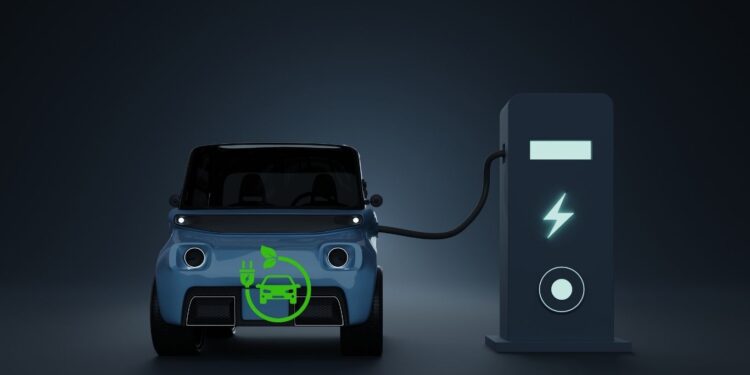With Electric Vehicles (EVs) becoming popular worldwide, thanks to the shift toward clean energy, Nigerians are also gradually buying into it. However, owning an EV in the country comes with its many challenges. This is in spite of the fact that more people are beginning to own them.
If you are currently thinking of owning one, have it in mind that while it is a great development for the environment, the things you may grapple with in Nigeria are quite numerous. Here is a look.
Challenges of Buying an Electric Vehicle in Nigeria
1. High Purchase Cost
One of the main challenges of buying an electric vehicle in Nigeria is the cost. Most EVs are imported into the country. This comes with the burden of a high exchange rate, import duties, and heavy taxation.
To successfully buy an EV and import it to Nigeria, you may need as much as 100 million Naira, making it beyond the reach of the average Nigerian.
2. Lack of charging infrastructure
In developed countries where electric vehicles have established their presence, it is easy to find charging stations. The story is not the same in Nigeria, where such stations are almost nonexistent except for a few places in big cities such as Lagos and Abuja.
Another problem that comes with this is that it becomes almost impossible to have long-distance travel since there will hardly be a place to recharge along the way.
3. Poor power supply in the country
Another challenge that comes with owning an EV in Nigeria is the unstable power supply in the entire country. This makes it a problem for people who may wish to own and operate an EV charging spot at home. While individuals may resort to running a generator or solar system, this does not come without extra costs.
4. Poor road condition
Electric vehicles are generally designed for smooth roads, something that does not exist in many places in Nigeria. Apart from the roads being bad, the drainage system in the country is mostly bad, which means flooding during the rainy season is something that is not alien.
These pose a serious risk to the EV, its batteries, and general electronics.
5. Limited Maintenance & Repair Expertise
A bigger problem that EV owners are likely to face in Nigeria is as it relates to maintenance and repairs. At the moment, there are very few EV mechanics in the country and even fewer who can fix all electric vehicles.
Another thing is that most spare parts are not available in the country; as such, components have to be imported when there is a need for replacement. What this means is that maintenance is time-consuming and expensive.
See Also: Automatic vs Manual Cars: Which Is Best for Nigerian Roads?
6. Battery availability and replacement
At the heart of the EV is its battery. On average, the life span of the battery of an EV is between 6 to 10 years. However, it could last for a much shorter time in Nigeria because of the weather and road conditions. If that happens, one must import a battery because it is not available in the country. This may cost between 10 and 20 million naira.
7. Limited awareness and acceptance
While most countries have accepted EVs and given a deadline for the use of fossil-powered vehicles, most Nigerians are yet to fully understand what EVs are and their capabilities. In fact, a majority of Nigerians do not see electric vehicles as being powerful enough for their daily runs. This lack of awareness has limited the acceptance, which is also a major challenge.




